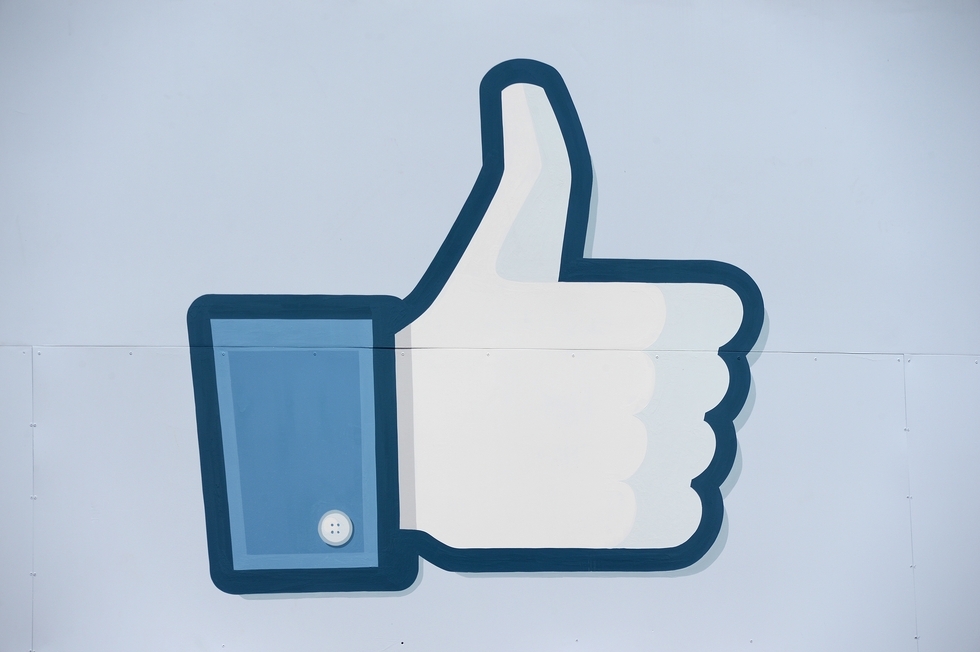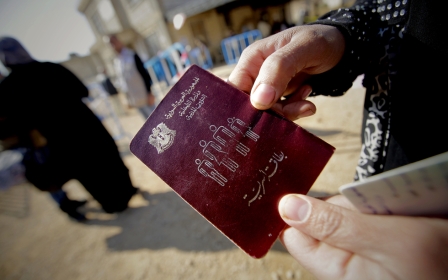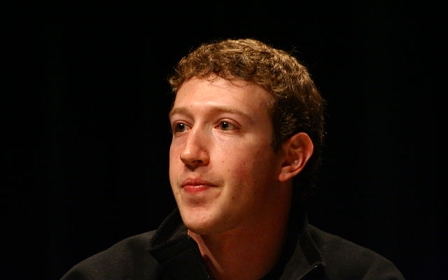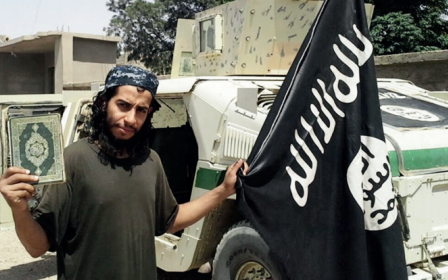Facebook to expand 'Safety Check' feature after criticism

A Facebook tool that let people check whether friends were safe after deadly attacks in Paris will be used more widely in the future, the social network said.
The announcement came amid criticism that the "Safety Check" feature was not activated for other bombings, such as Thursday's blasts in Beirut that rank among the deadliest to hit Lebanon in decades.
"Many people have rightfully asked why we turned on Safety Check for Paris but not for bombings in Beirut and other places," Facebook co-founder and chief executive Mark Zuckerberg said in a post over the weekend.
"You are right that there are many other important conflicts in the world," he added.
"We care about all people equally, and we will work hard to help people suffering in as many of these situations as we can."
Going forward, Facebook now plans to "activate Safety Check for more human disasters," according to Zuckerberg.
Survivors seeking shelter and people worried about friends or families took to social media following a wave of attacks in the French capital late Friday that killed 129 people.
Facebook launched a "Paris Terror Attacks" check-in feature to let people signal that they were safe to friends and acquaintances on the social networking site.
"Quickly find and connect with friends in the area," a message from the Facebook Safety Check service read. "Mark them safe if you know they're OK."
The feature also allows people to check which friends in Paris who have not yet checked in as safe.
But it was widely noted that no such feature was available in the Beirut attacks the day before, with Lebanese blogger Joey Ayoub criticising the disparity.
"We don't get a safe button on Facebook. 'We' don't get late night statements from the most powerful men and women alive and millions of online users," Ayoub wrote on his blog Hummus for Thought in a post that was shared thousands of times on Facebook.
"It's a hard thing to realise that for all that was said ... most of us members of this curious species, are still excluded from the dominant concerns of the world."
The Islamic State (IS) group has claimed responsibility for both the Paris and Beirut attacks, which killed 44 people.
New MEE newsletter: Jerusalem Dispatch
Sign up to get the latest insights and analysis on Israel-Palestine, alongside Turkey Unpacked and other MEE newsletters
Middle East Eye delivers independent and unrivalled coverage and analysis of the Middle East, North Africa and beyond. To learn more about republishing this content and the associated fees, please fill out this form. More about MEE can be found here.




